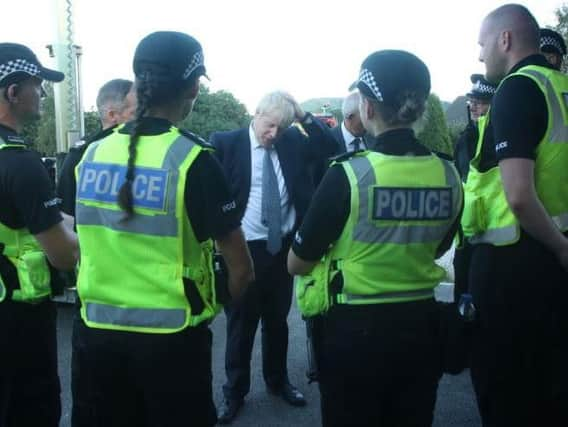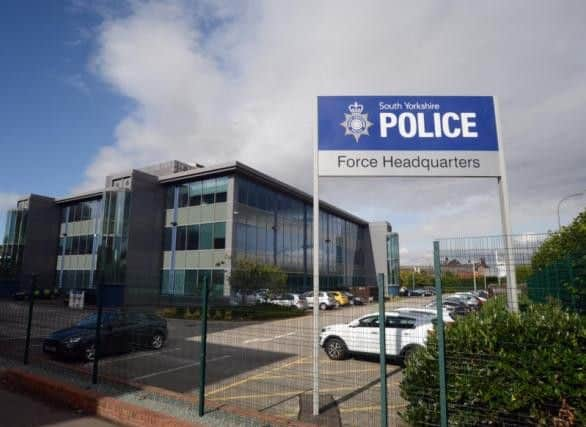Recruiting 20,000 new officers is great problem for police to have after austerity: Paul Berry


After a decade of station closures (around 600 across the country) and the loss of at least 45,000 police officers and police staff (who are often overlooked), this has to be a welcome move.
It was one of new Prime Minister Boris Johnson’s first policy announcements; a move he said will “make our streets safer”. “People want to see more officers in their neighbourhoods, protecting the public and cutting crime,” he added.
Advertisement
Hide AdAdvertisement
Hide Ad

I have already heard a lot of arguments about the logistics of recruiting at the same time as bringing in the new policing degree programmes as well as the fact that officers and staff will continue to leave during this huge recruitment programme.
Can these officers be recruited?
Can the force (and universities) cope?
Will there be an impact on standards?
Anybody who has any involvement in police recruitment will tell you that the police have huge numbers of applicants and that they have no problems in attracting good quality people.
Both are costly and in the case of the assessment centres, each force can only access so many slots per year.
It can take around seven to ten months to recruit officers following this process and I believe that there is a strong argument for forces to be given more autonomy in the selection process.
Advertisement
Hide AdAdvertisement
Hide AdIn terms of the training logistics, this is a difficult one.
There has been a steady skills drain of experienced officers for many years and with it, the winding down of training and recruitment facilities on a national scale.
This has to have had an impact on forces’ ability to train and mentor staff.
As for the influx of officers now requiring a degree, this also has an impact on how universities do business.
Advertisement
Hide AdAdvertisement
Hide AdNo longer are these undergraduates working part-time at Meadowhall, but they will be working full shifts and being recruited all year round.
This of course means they fall outside of the traditional university calendar.
As a university, we have been planning our programmes for the last two years and since April have been working closely with our local force.
We already have a number of contingencies built into our training plans and I see little if anything to worry about at this time.
Advertisement
Hide AdAdvertisement
Hide AdBut let’s be realistic, these are fantastic problems when compared with huge budget cuts and staff losses.
Ignoring the politics and how we got to this stage, there can’t be a chief officer in the country who would swap this problem with those that were the result of austerity.
As for standards, I would like to move away from the national picture and focus on that which I know best, the local one.
For the past two years I have had frequent meetings with the full range of staff across South Yorkshire Police from newly-appointed specials and up to and including the chief officers.
Advertisement
Hide AdAdvertisement
Hide AdThere is an incredible ‘‘can do’’ attitude across the force.
When you combine this with the fact that South Yorkshire has consistently required a higher assessment centre pass mark, added written assessments into the process as well as value-driven interviews and training, I would not for one second lose any sleep over quality.
As a relative outsider and a former police superintendent, it is clear to me that the local chief officer team have a very clear direction of travel and will not compromise on the staff that they want to recruit.
I have no doubt that there will be lots of obstacles ahead but I can only reiterate what I said earlier – that as problems go, recruiting 20,000 extra police officers across the country is a good one.
Paul Berry is Principal Lecturer (Head of Policing) at Sheffield Hallam University.